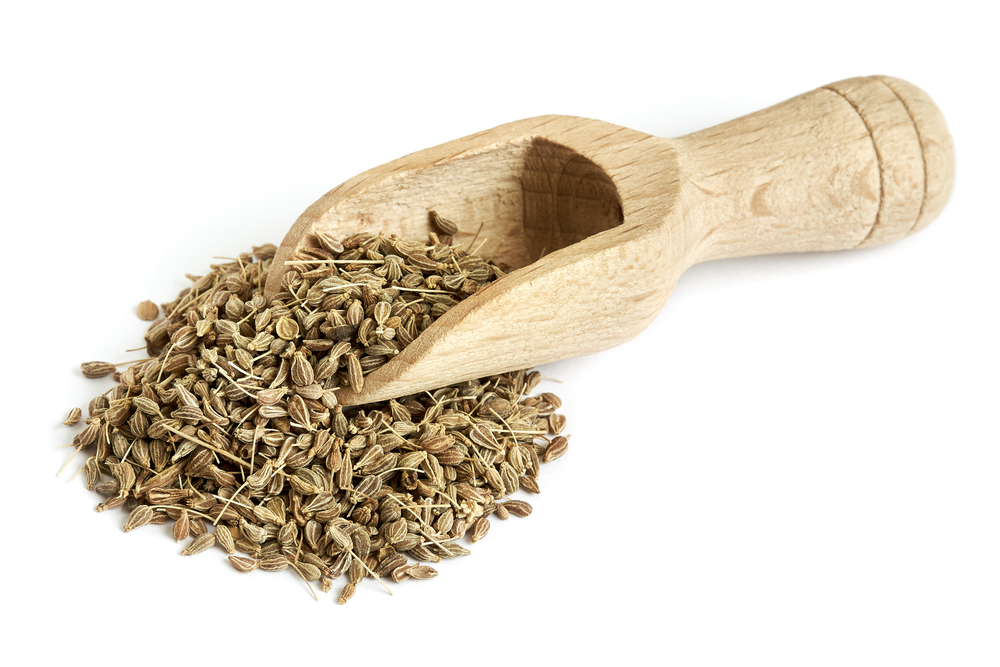Cultivation and Export of Anise Seeds from Egypt

Anise, scientifically known as Pimpinella anisum, is a herbaceous annual plant native to the eastern Mediterranean region and Southwest Asia. Renowned for its aromatic seeds, anise has been cultivated for centuries due to its culinary, medicinal, and industrial uses. Among the top producers and exporters of anise seeds, Egypt stands out as a significant player in the global market.
Cultivation of Anise Seeds in Egypt:
Egypt boasts ideal agro-climatic conditions for the cultivation of anise seeds. The plant thrives in warm climates with well-drained, fertile soil, making Egypt’s Nile Delta and Nile Valley regions perfect for its growth. Anise cultivation in Egypt typically begins in October, with seeds sown directly into the soil. The plant requires ample sunlight and moderate watering throughout its growth cycle.
Farmers in Egypt employ both traditional and modern farming techniques to cultivate anise seeds. While traditional methods involve manual labor and minimal mechanization, modern practices incorporate machinery for planting, irrigation, and harvesting. Additionally, farmers utilize organic fertilizers and pest control methods to ensure optimal yield and quality.
Anise plants undergo several growth stages, including germination, vegetative growth, flowering, and seed formation. Flowering typically occurs in late spring or early summer, with small white umbels appearing atop the plants. These umbels eventually develop into clusters of small, aromatic seeds.
Harvesting of anise seeds usually takes place around July or August, depending on the specific growing conditions and variety cultivated. Farmers carefully cut the matured umbels and dry them in well-ventilated areas to prevent mold and decay. Once dried, the seeds are threshed to separate them from the umbels and other plant debris.
Export Dynamics:
Egypt ranks among the leading exporters of anise seeds worldwide, catering to the demands of both domestic and international markets. The country’s strategic geographical location, coupled with its robust agricultural infrastructure, positions it as a key player in the global spice trade.
The export of anise seeds from Egypt contributes significantly to the nation’s economy, generating revenue and employment opportunities across the value chain. Egyptian anise seeds are highly sought after for their superior quality, distinct flavor, and aromatic properties, making them preferred choices for various culinary and medicinal applications.
Egyptian anise seeds find markets in diverse regions, including Europe, North America, the Middle East, and Asia. Exporters leverage established trade networks and partnerships to penetrate new markets and expand their customer base. Additionally, adherence to international quality standards and regulations ensures the credibility and competitiveness of Egyptian anise seeds in the global arena.
Conclusion:
The cultivation and export of anise seeds from Egypt represent a thriving agro-industry with immense economic potential. Through sustainable farming practices, technological innovation, and market-oriented strategies, Egyptian farmers and exporters continue to drive growth and prosperity in this sector. As demand for high-quality spices continues to rise globally, Egypt’s position as a leading producer and exporter of anise seeds remains solid, promising a bright future for the industry and the nation’s economy.


